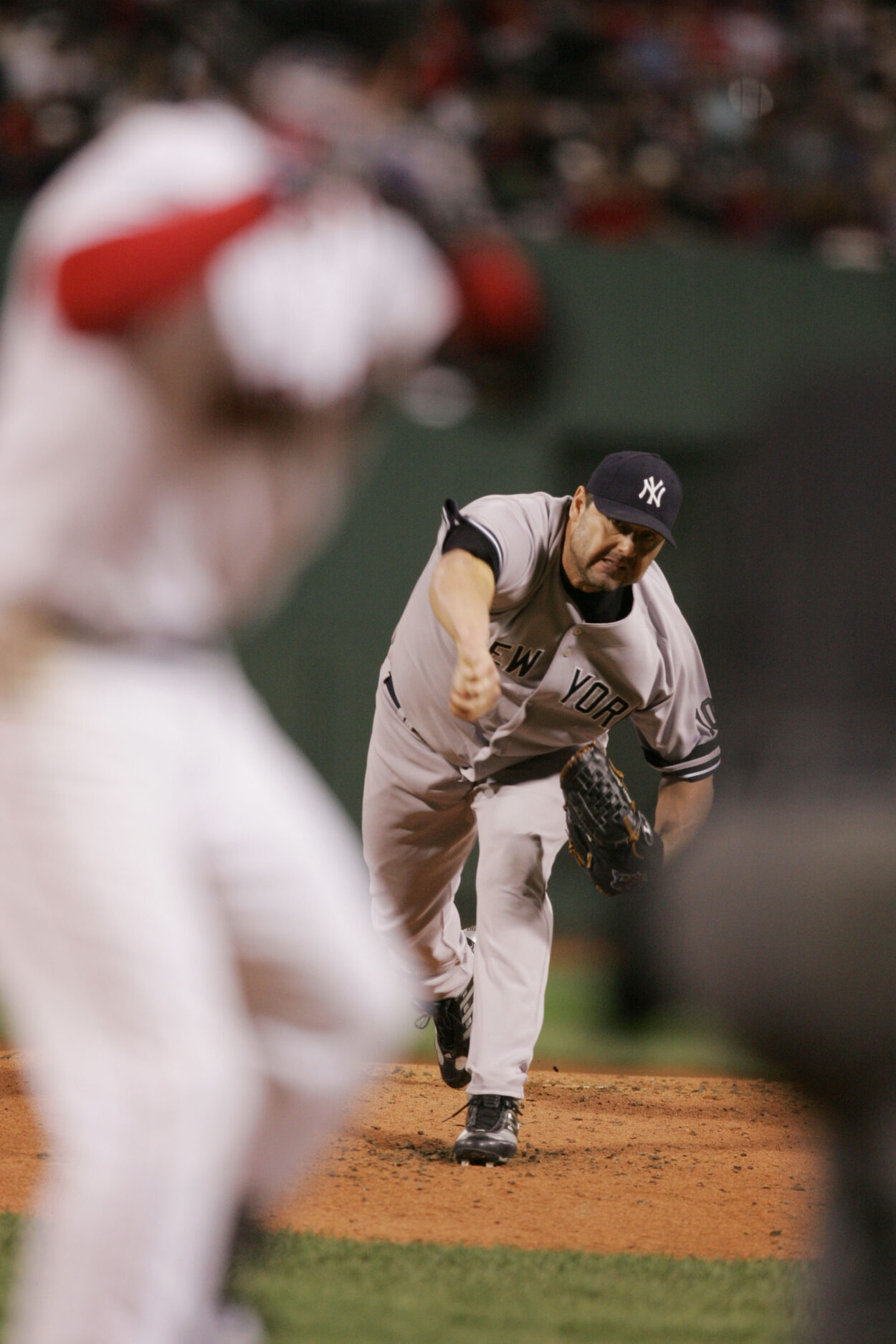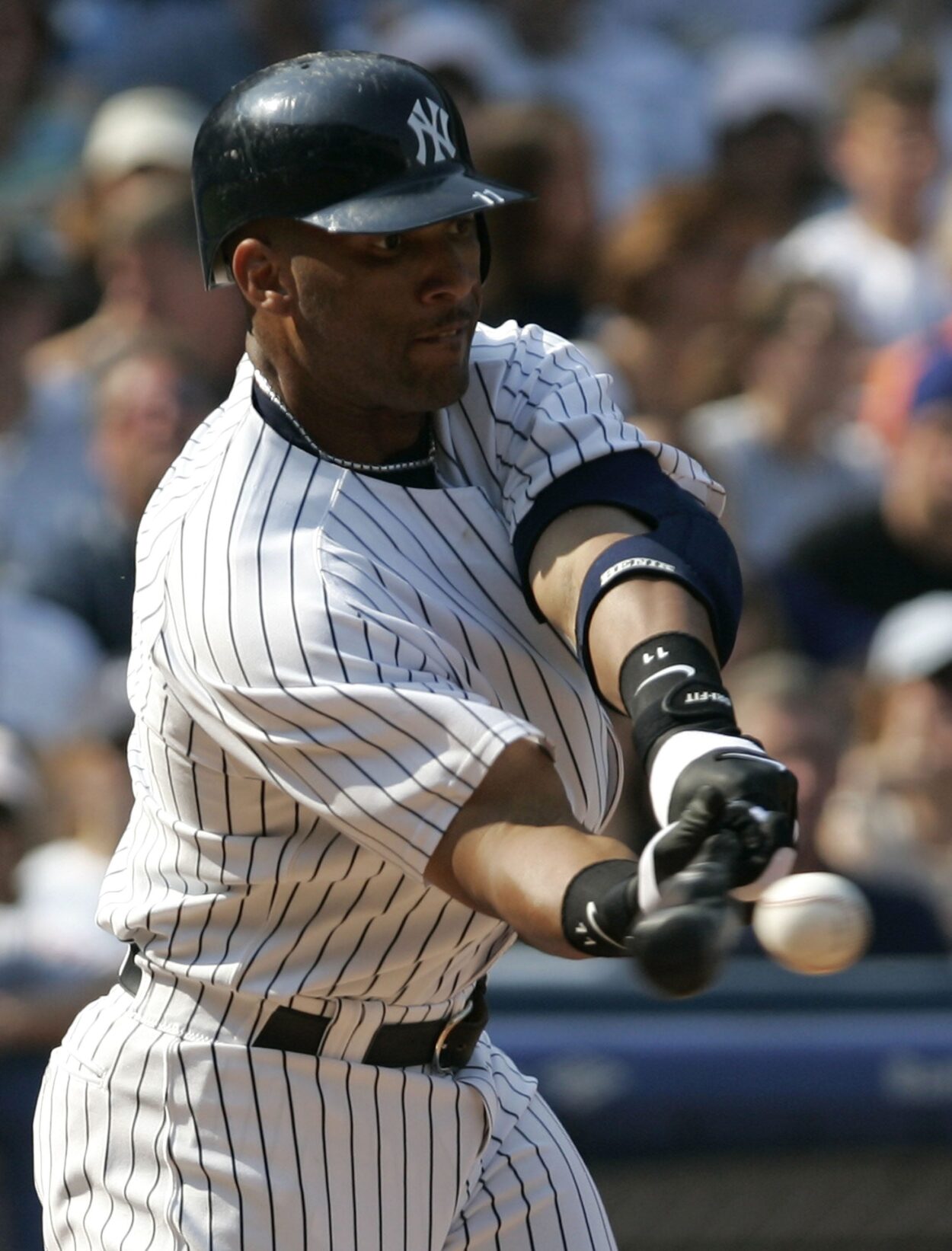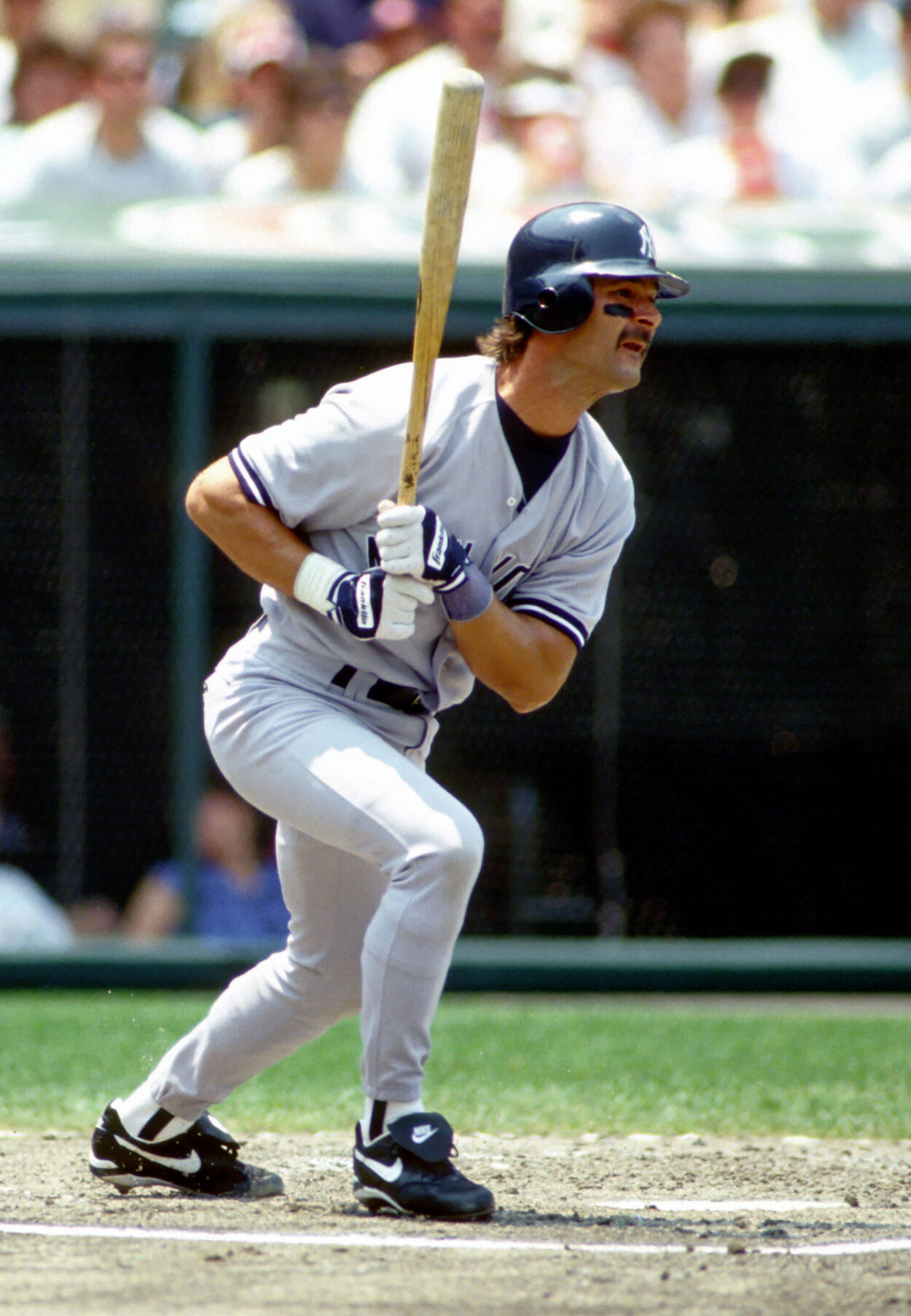
The National Baseball Hall of Fame has a way of giving overlooked baseball’s greats a second look, and this winter, three familiar names from New York Yankees history are back in the spotlight. Roger Clemens, Gary Sheffield, and Don Mattingly — each a star in his own right, each carrying a unique legacy — are among the eight players featured on this year’s Contemporary Baseball Era ballot.
A Second Chance at Immortality
For players who fell short through traditional Hall of Fame voting, the Contemporary Era committee serves as a kind of final verdict. This year’s ballot, announced Monday by the National Baseball Hall of Fame, features stars whose prime contributions came after 1980 — including Barry Bonds, Carlos Delgado, Jeff Kent, Dale Murphy, and Fernando Valenzuela, in addition to the former Yankees.
To make it to Cooperstown, a candidate must receive votes from at least 12 of the 16 members on the committee — a steep climb, especially for those with complicated cases. The members of this year’s voting panel haven’t been revealed yet, but results will be announced on December 7 during a live broadcast on MLB Network.
Yankees Presence Runs Deep
Few teams are represented as strongly as the Yankees. Clemens, Sheffield, and Mattingly embody very different eras of the franchise, but all left deep marks on its history.

Clemens, the “Rocket,” was a force of nature. His stuff, even deep into his 30s, overwhelmed hitters. In pinstripes, he helped guide the Yankees to three straight World Series appearances, winning titles in 1999 and 2000 before falling just short in 2001. His seven Cy Young Awards are unmatched, but his case remains overshadowed by allegations of performance-enhancing drug use. For some voters, that cloud has been impossible to look past — though time, and this new committee, could shift perspectives.
The Power and Edge of Gary Sheffield
Gary Sheffield’s name doesn’t get tossed around nearly as much as it should when discussing the most dangerous right-handed hitters of his generation. His quick wrists and explosive bat speed produced 509 home runs and nearly 1,700 RBIs across 22 seasons. With the Yankees from 2004 to 2006, he delivered 76 homers and a personality that matched the New York stage.
Sheffield, too, has faced the PED question, though his case is less defined by it than Clemens’. If the committee values fear factor — the kind that changes games — Sheffield deserves, without a doubt, serious consideration.
Donnie Baseball, Forever a Yankee
And then there’s Don Mattingly. For many Yankees fans who came of age in the 1980s, he was the team. The captain before Derek Jeter, “Donnie Baseball” was all class, all effort, all heart. His swing was pure, his glove nearly perfect, and his devotion to the franchise absolute.

Mattingly’s résumé — one MVP, six All-Star nods, three Silver Sluggers, nine Gold Gloves — speaks for itself. What holds him back, of course, is the lack of October success. He appeared in just one postseason series, in 1995, after years of carrying teams that didn’t quite have enough around him. Still, few players ever embodied the Yankees with such quiet grace and grit.
The Long Road to Recognition
The Hall of Fame is as much about narrative as numbers. For Clemens, it’s about forgiveness. For Sheffield, perspective. For Mattingly, appreciation. The Yankees have sent more legends to Cooperstown than any other franchise, but these three stories remain unfinished.
Come December 7, one or more of them could finally find their names etched in bronze. Will the committee rewrite their legacies — or will the wait continue?
